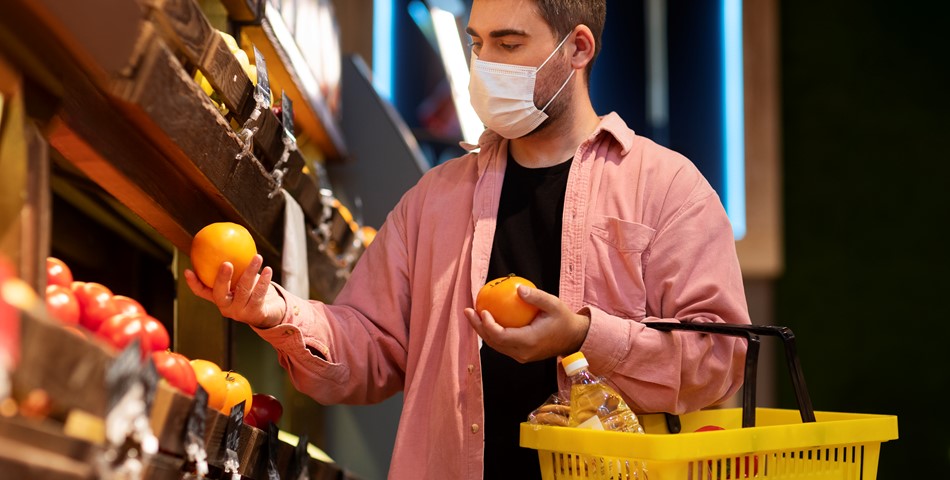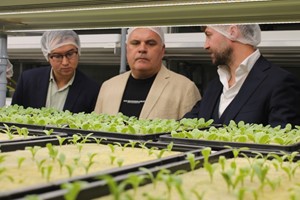As the end of April approaches, businesses and consumers alike are bracing for the impact of new post-Brexit border charges, which threaten to escalate food prices and potentially lead to empty shelves in UK supermarkets. The impending changes, set to take effect on April 30, have sparked concern among suppliers and industry experts.
Guidance published by the Government outlines that importers will face charges of up to £145 to bring goods such as cheese, salami, and fish through key ports like Dover or the Eurotunnel. These routes are vital for around a quarter of the UK's imported food supply. The sudden announcement of these fees has left businesses with little time to adapt, prompting criticism from industry leaders.
Phil Pluck, chief executive of the Cold Chain Federation, expressed disappointment at the last-minute nature of the announcement, highlighting the potential increase in business costs and subsequent rise in food prices. He emphasized the detrimental impact on both UK-based importers and the wider EU supply chain.
James Barnes, chairman of the Horticultural Trades Association, echoed these concerns, warning that the charges could further erode the competitiveness of UK horticulture and result in empty shelves in supermarkets. He criticized the policy as hastily constructed and lacking in material gain.
So, what exactly is changing? Importers will now be required to pay for a common health entry document (CHED) for food products, with fees ranging from £10 to £29 depending on the level of risk associated with each product. Live animals, including fish and bees, are classified as high risk, while items like eggs, milk, and poultry fall into the medium-risk category.
The Government has defended the introduction of these charges, citing the need to cover the higher costs associated with operating new border posts post-Brexit. A spokesperson stated that the fees were developed based on consultation with industry stakeholders and are intended to recover the costs of maintaining biosecurity checks at border facilities.
Despite these justifications, concerns persist about the potential ramifications for both businesses and consumers. With food prices already under pressure due to various factors, including inflation and supply chain disruptions, the additional burden of border charges threatens to exacerbate the situation.
As the April 30 deadline looms, stakeholders are calling for greater clarity and support from the Government to mitigate the impact of these changes. The challenge remains in balancing the necessity of border controls with the need to maintain affordable and accessible food supplies for the public.














